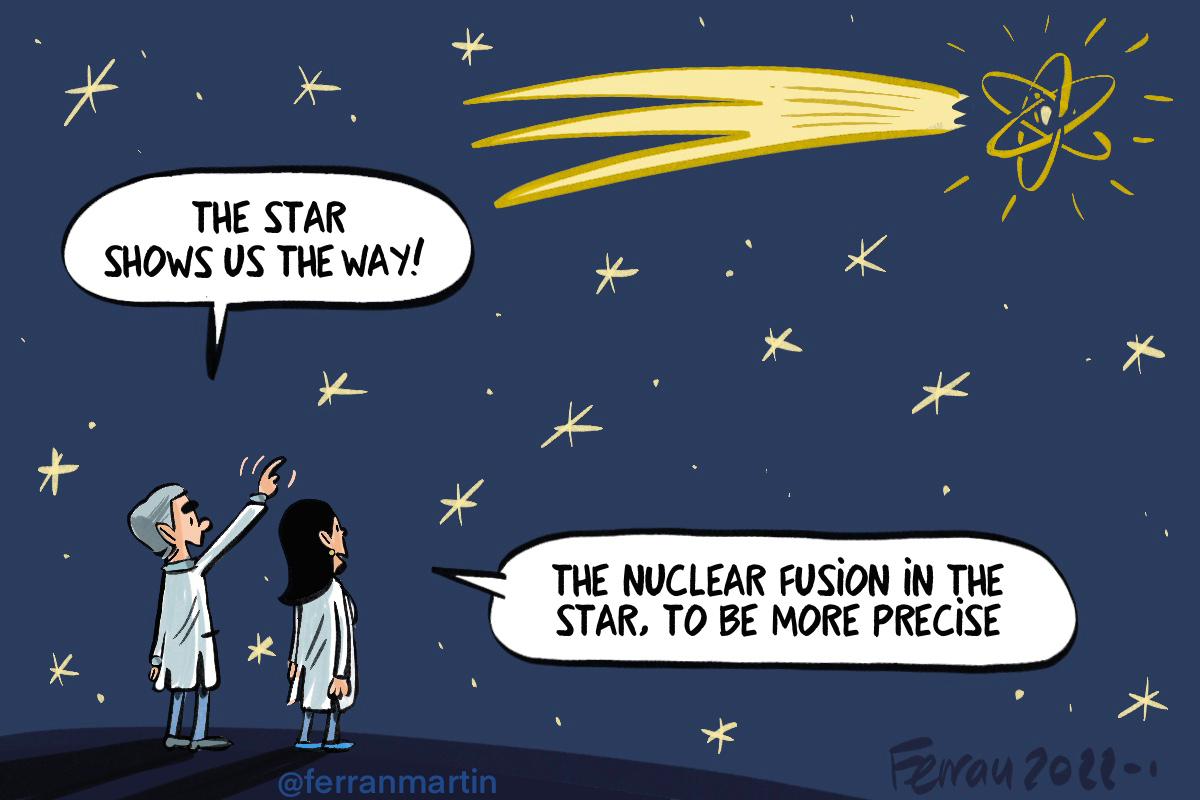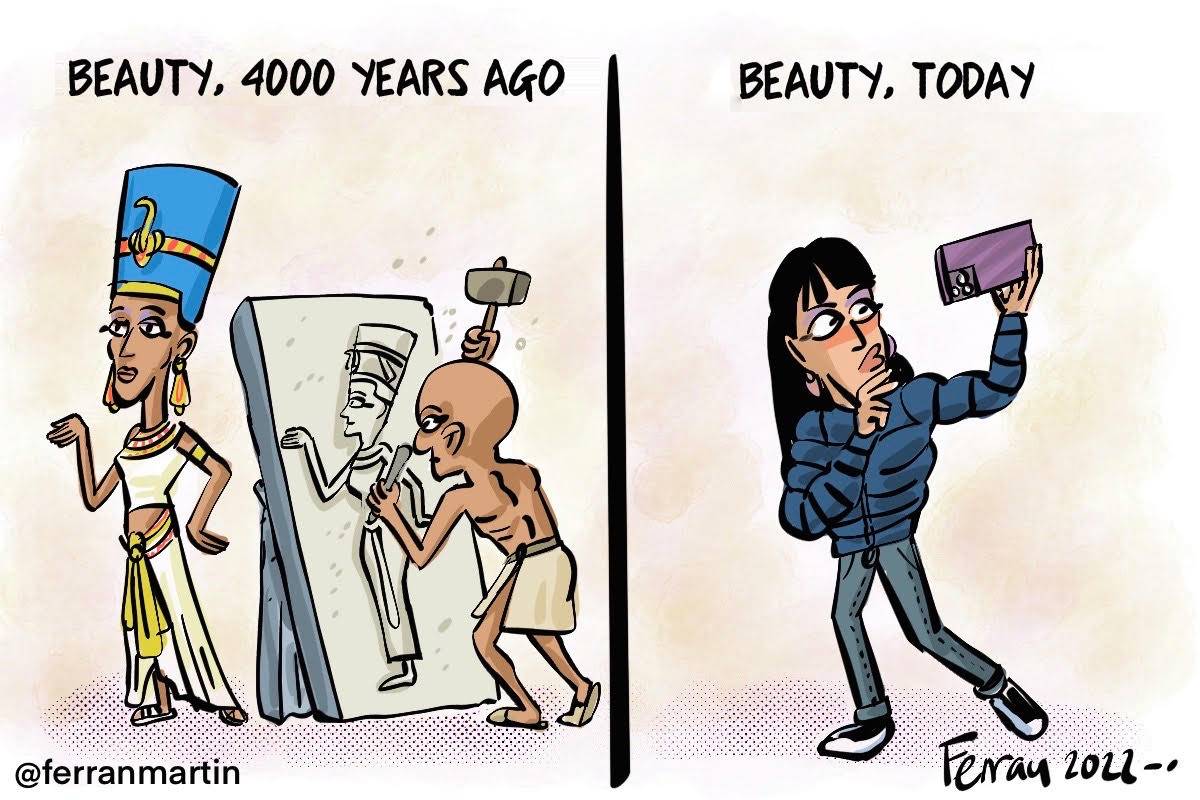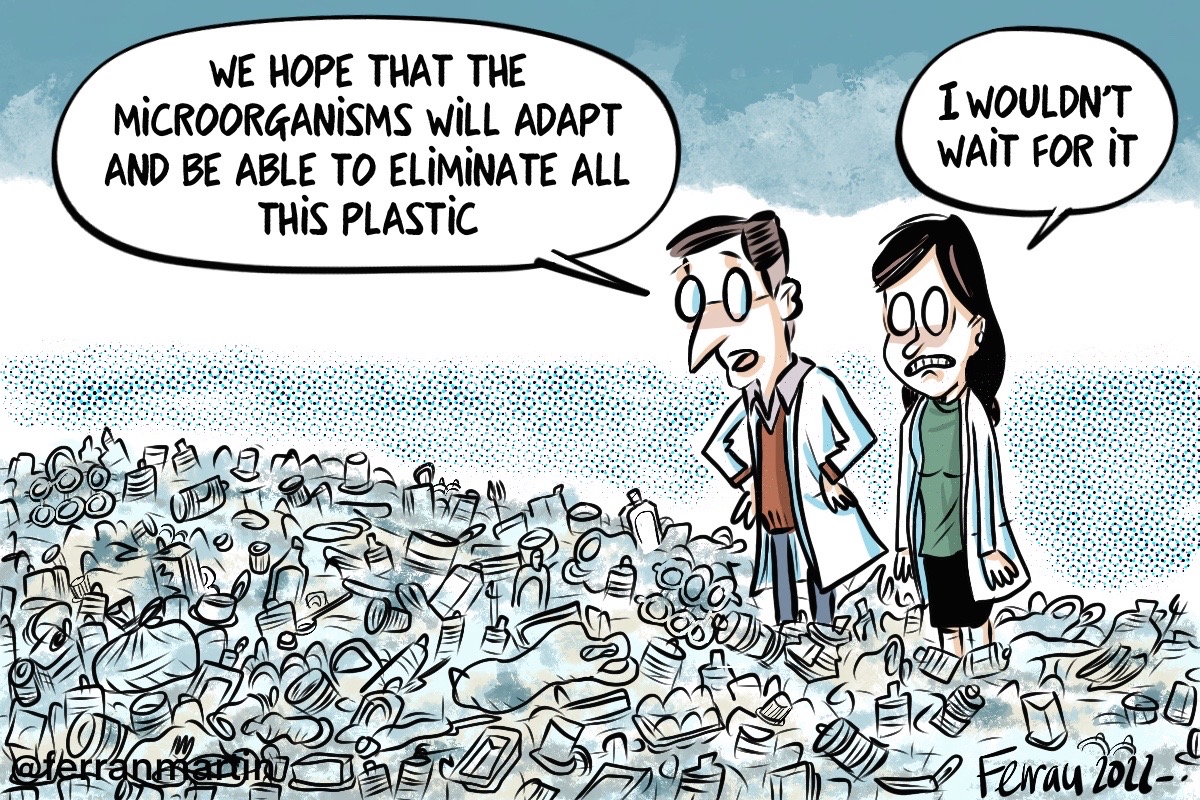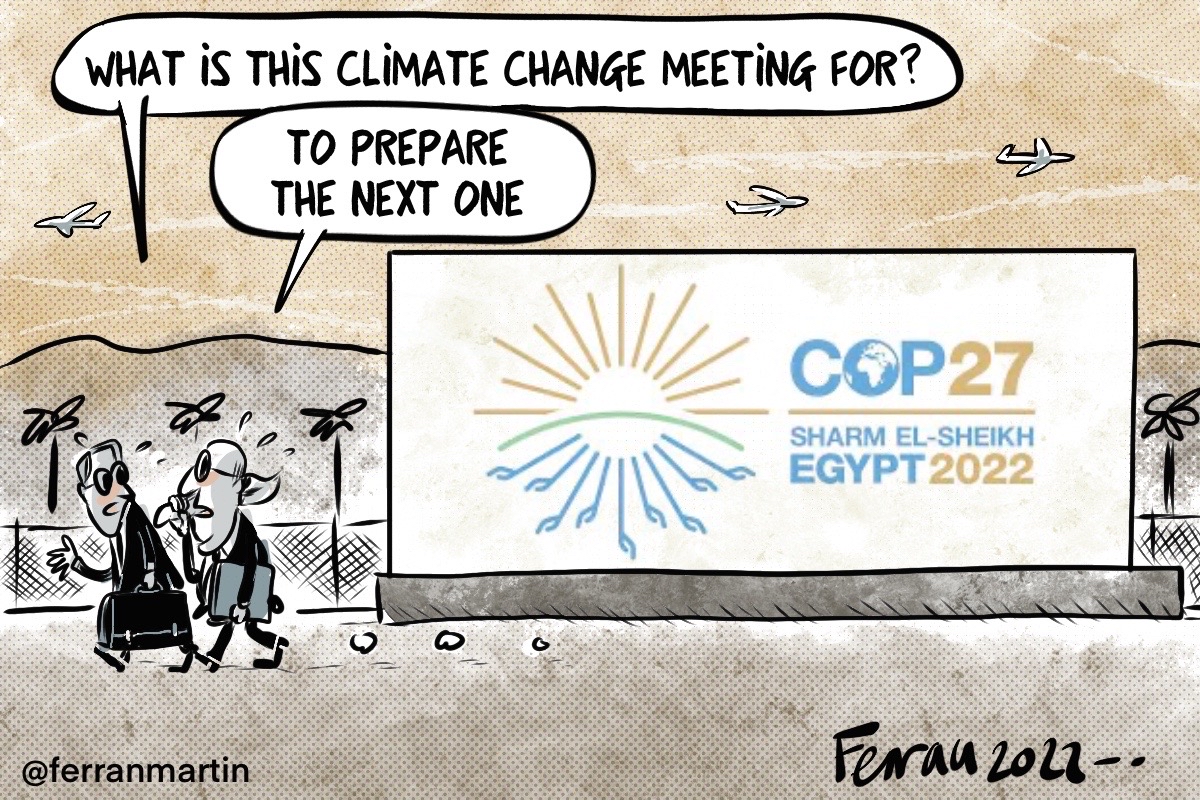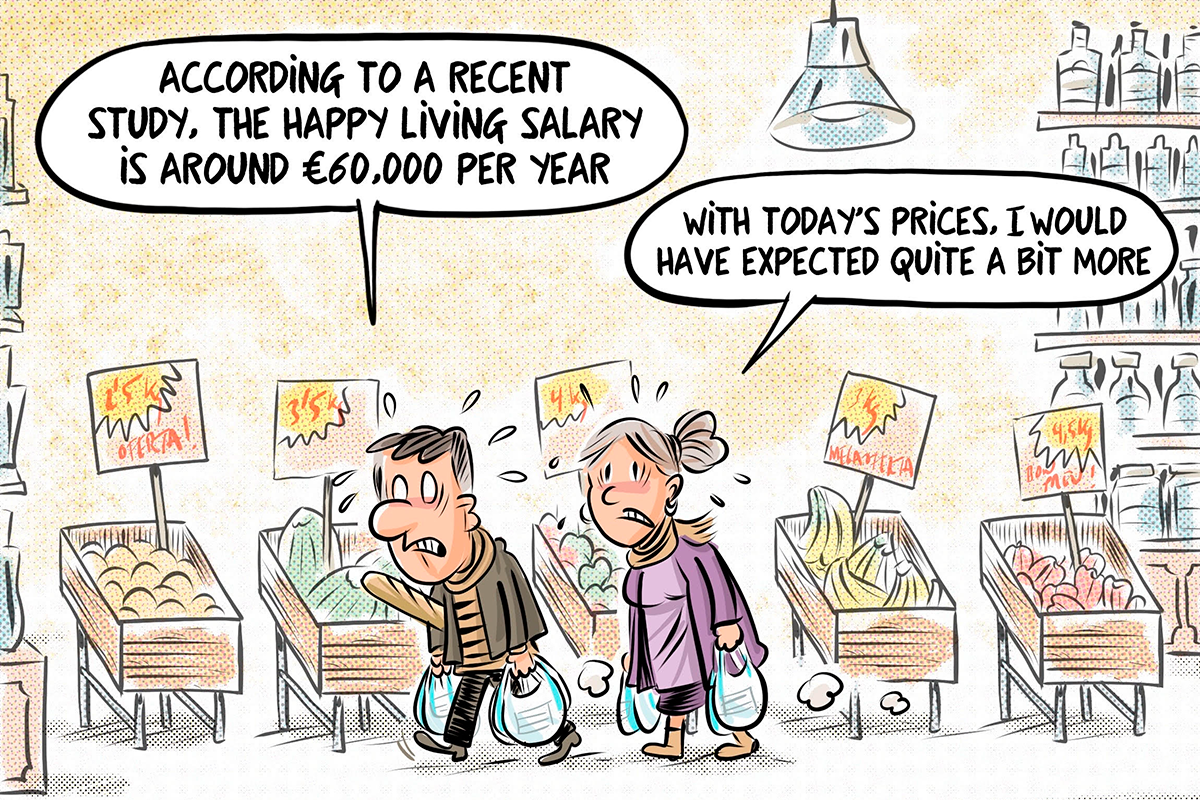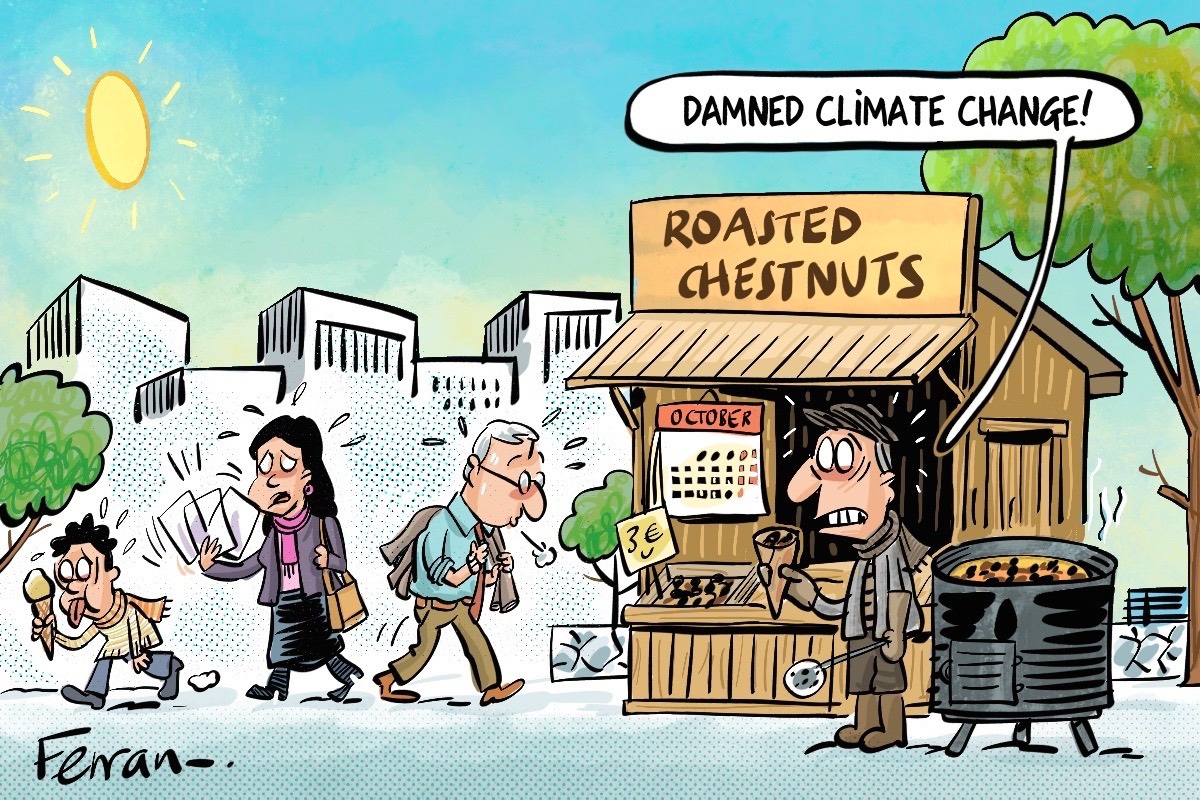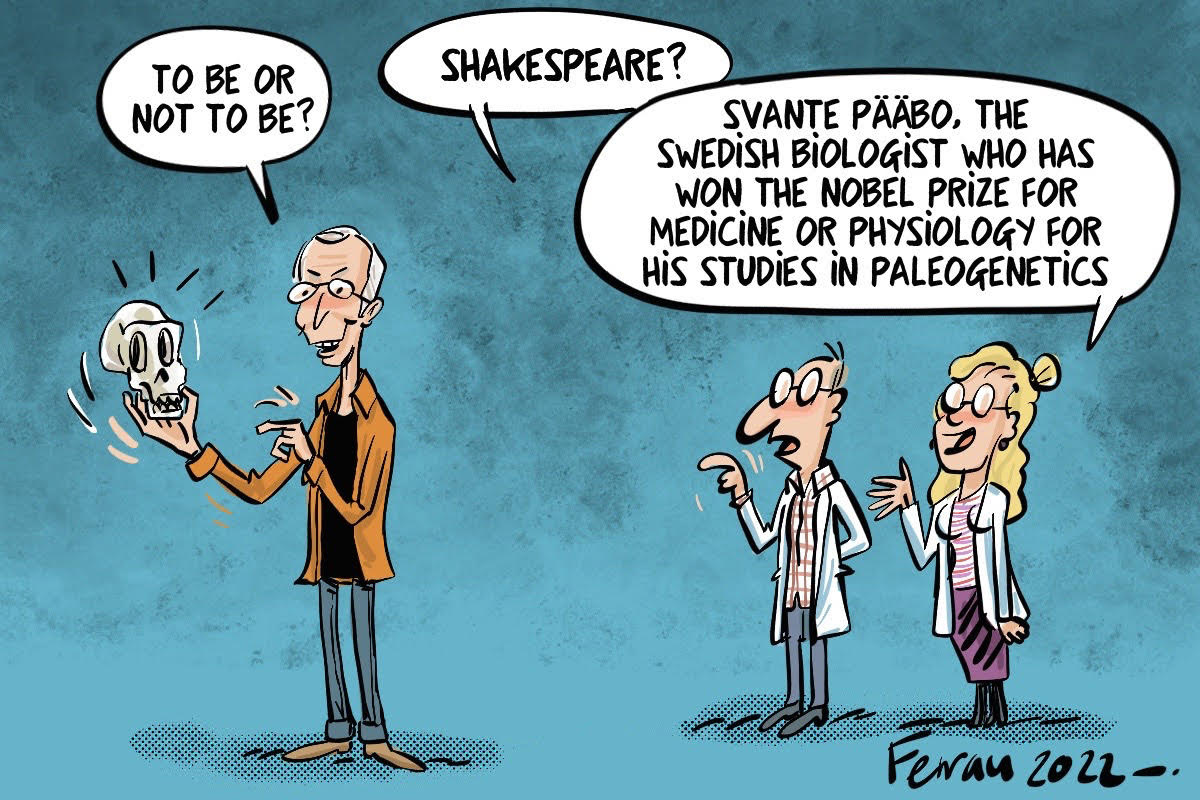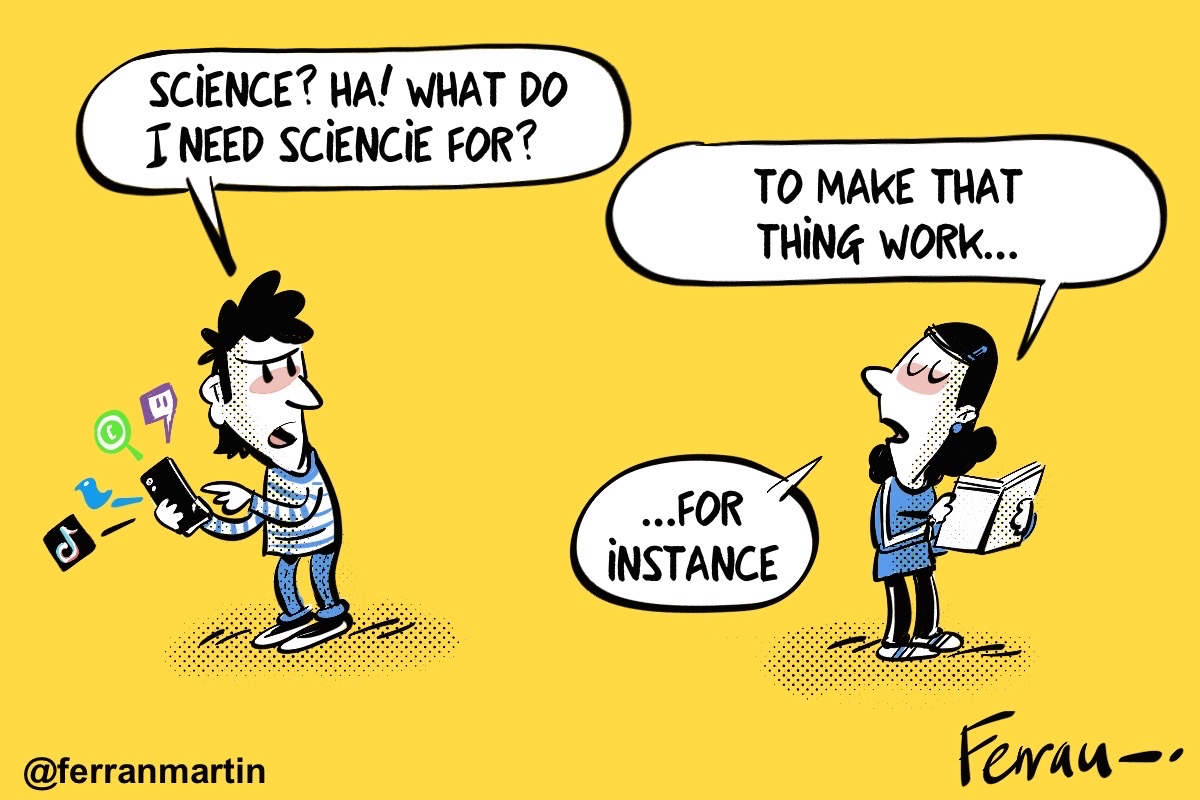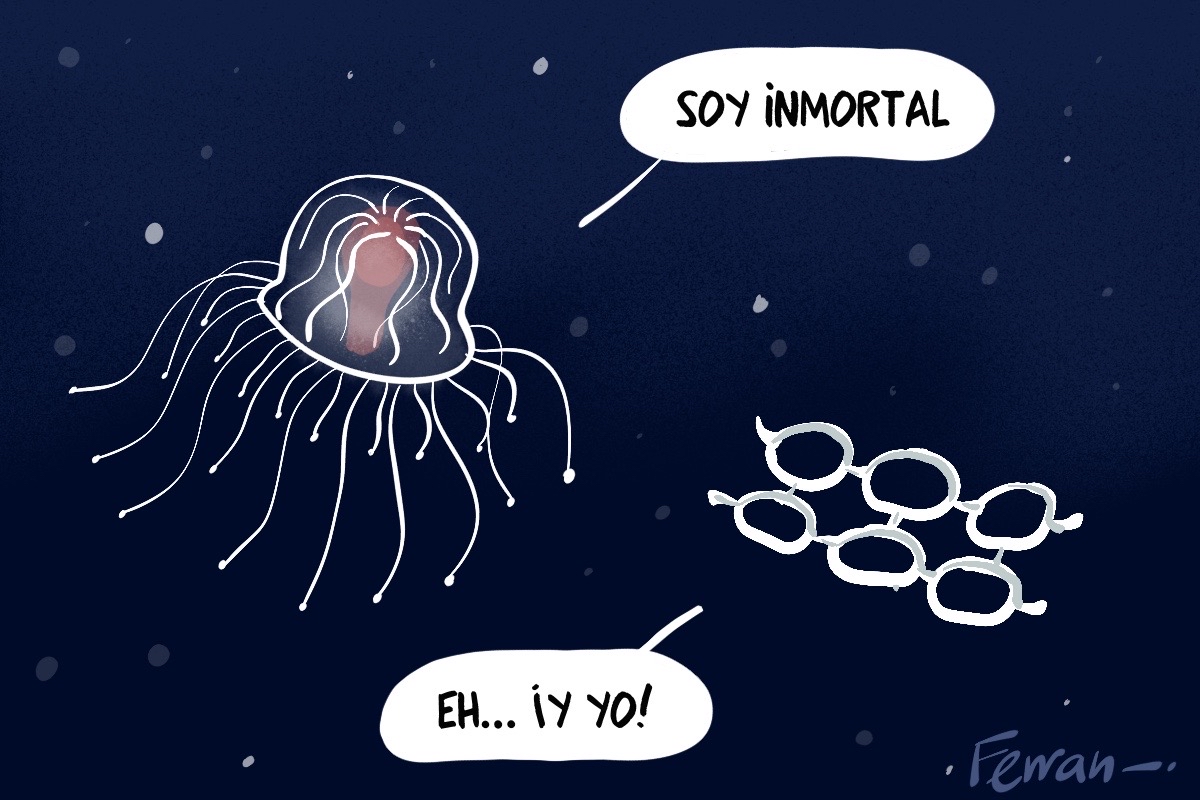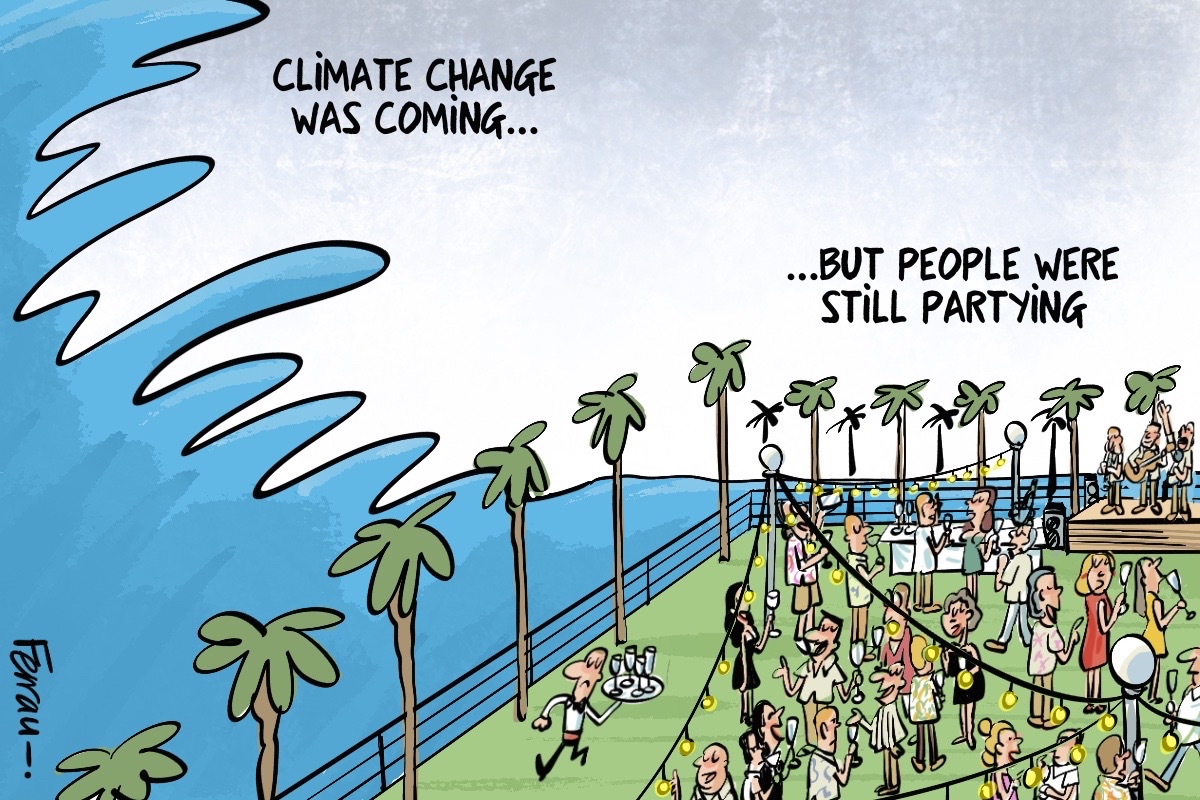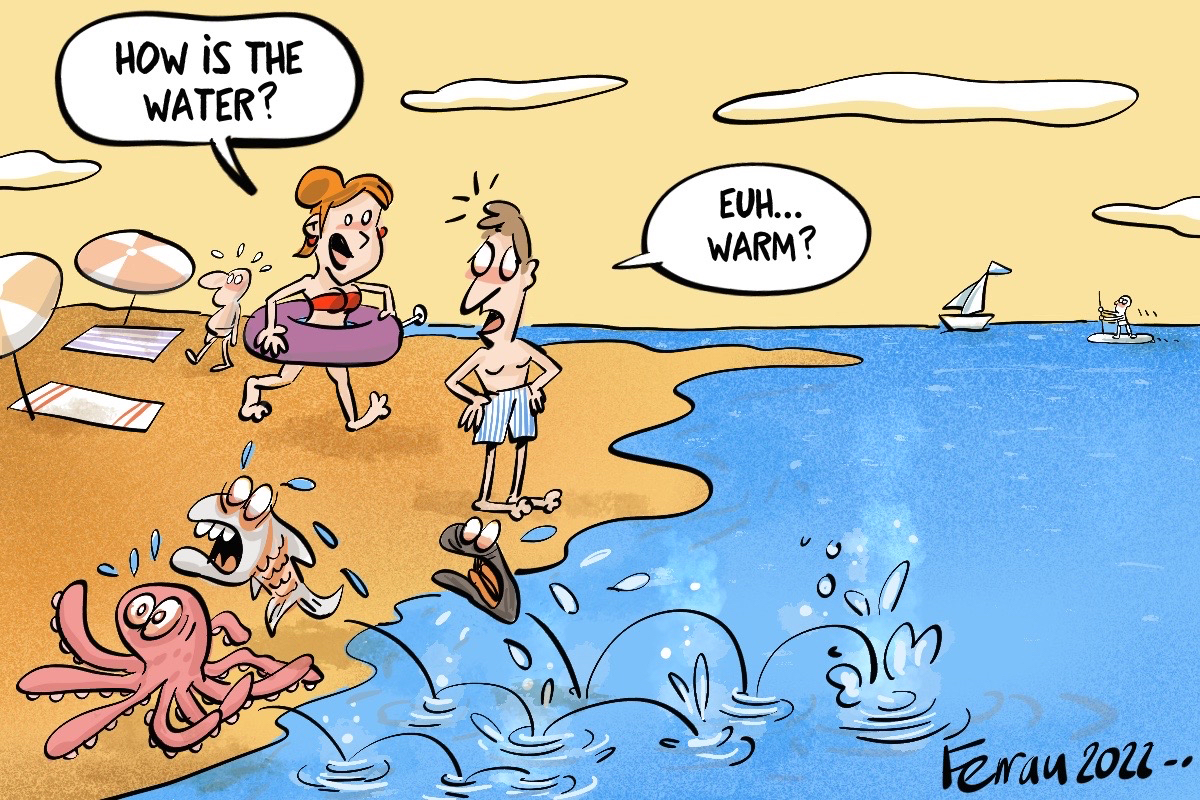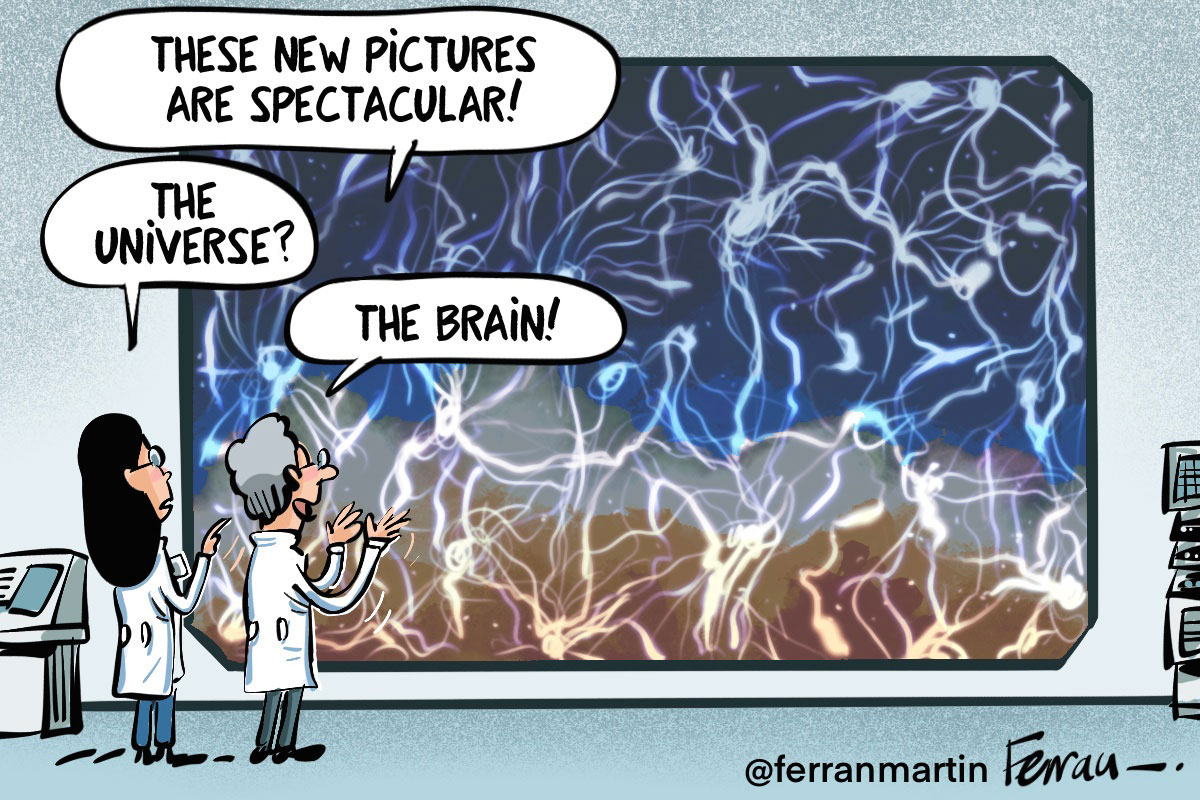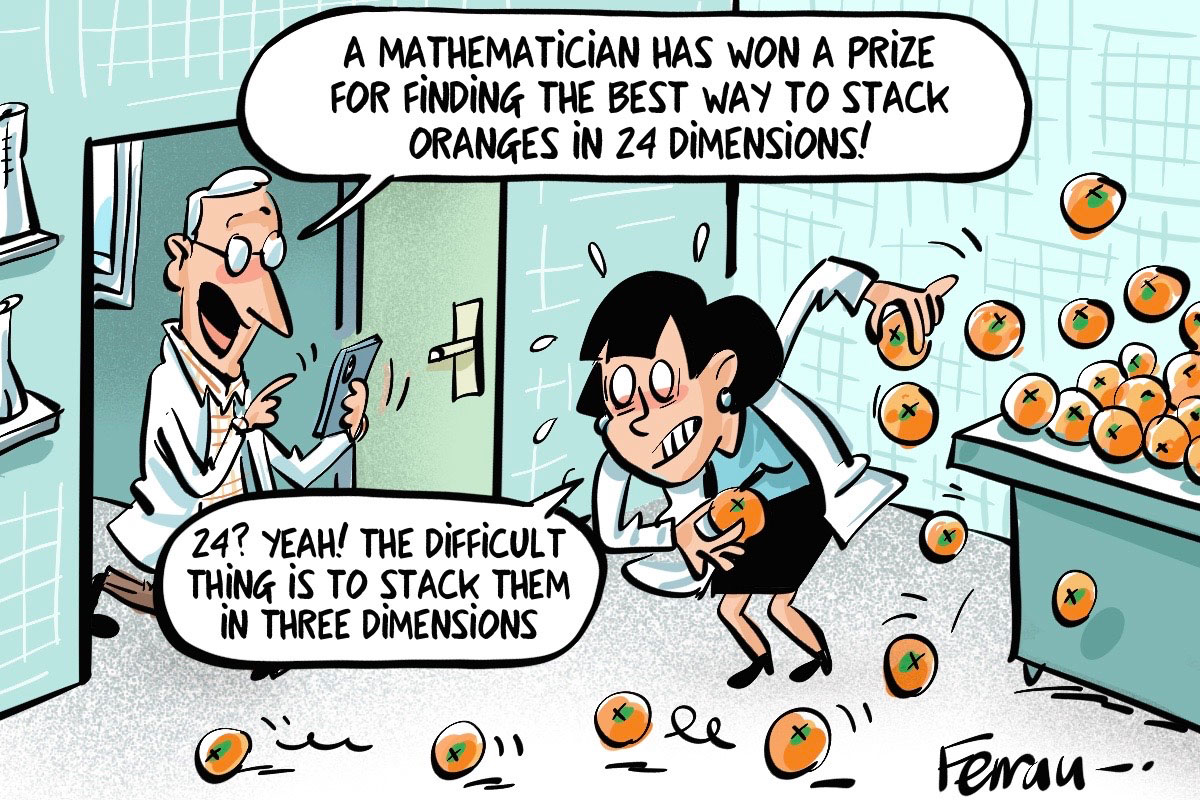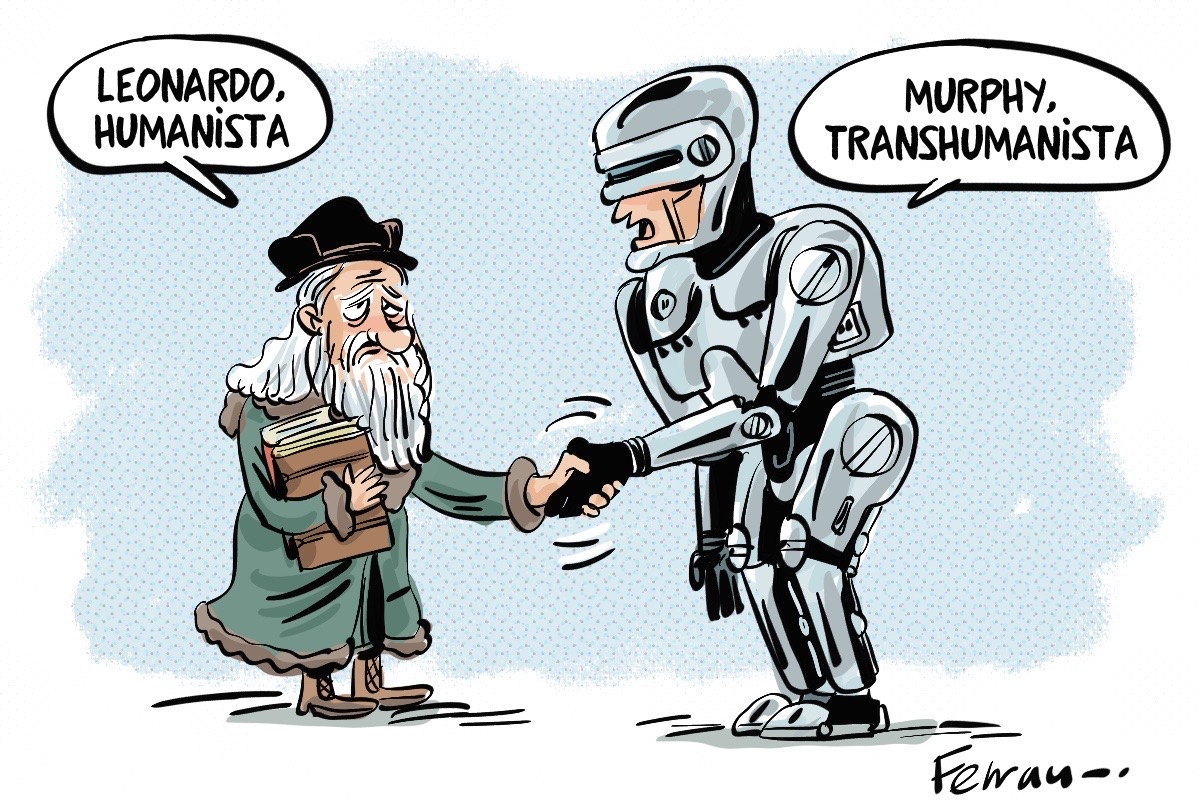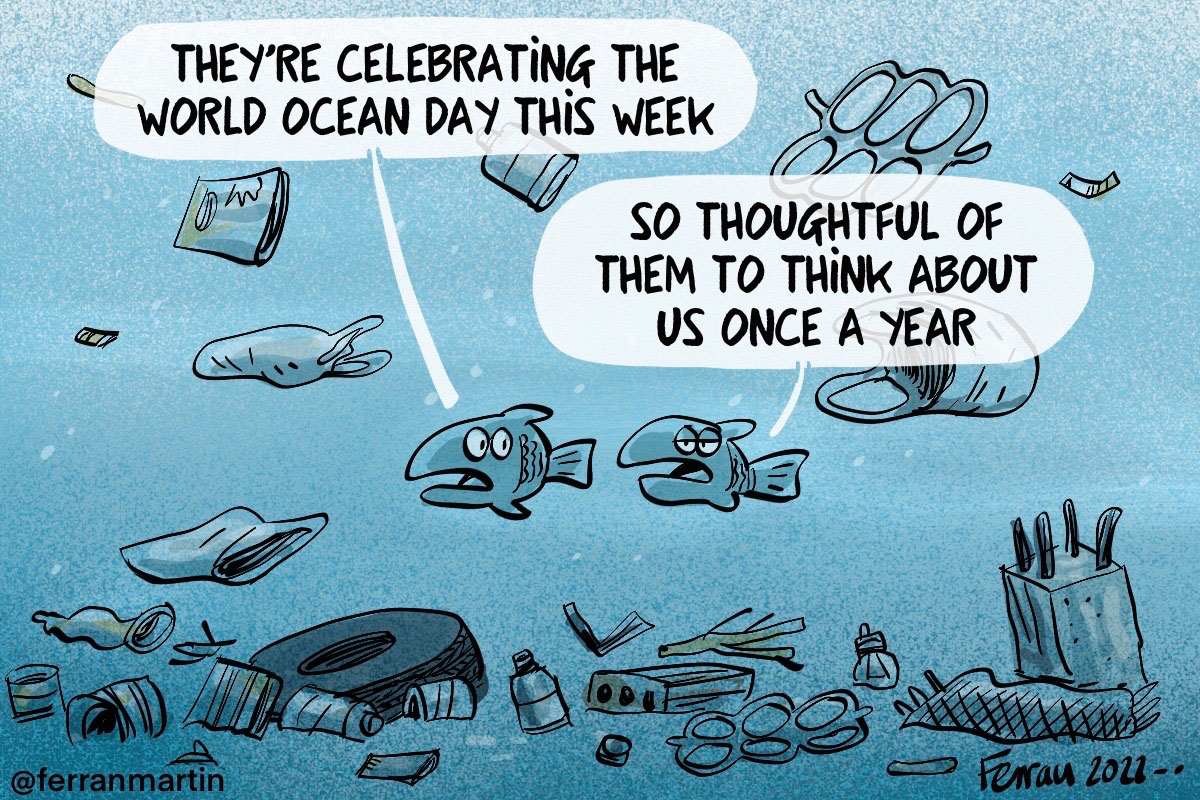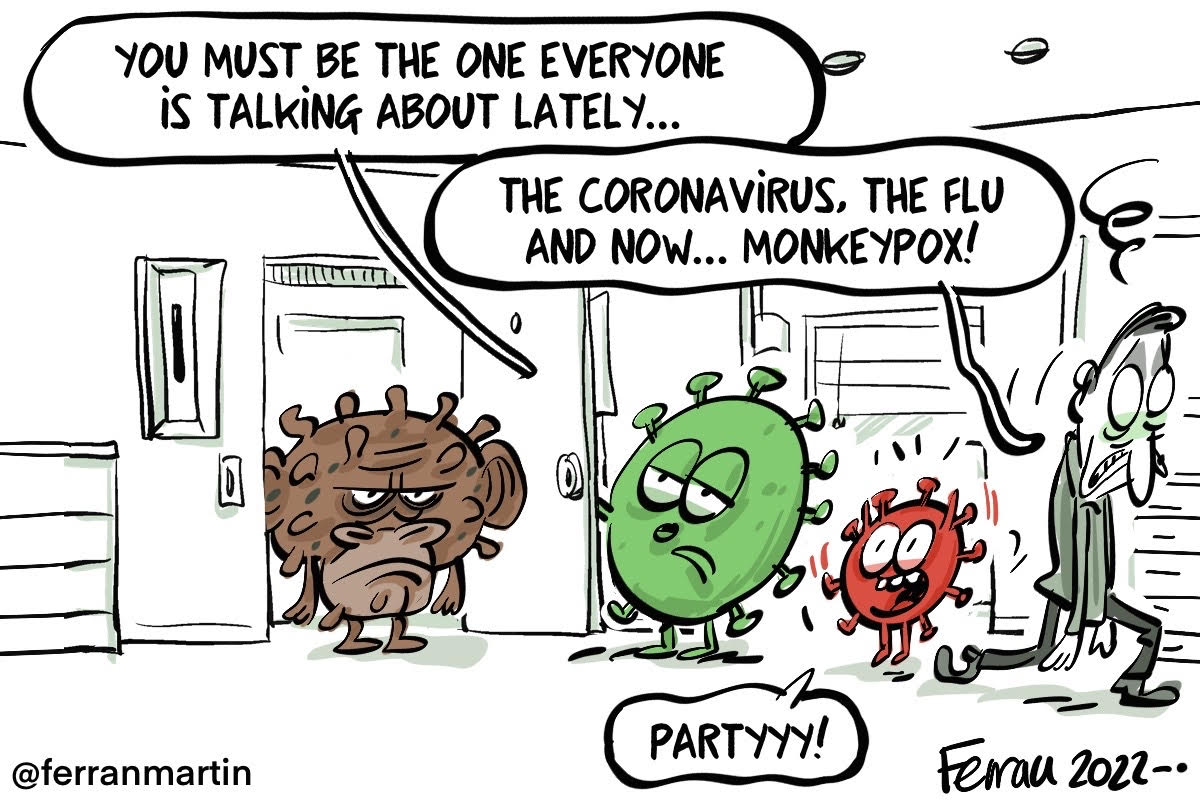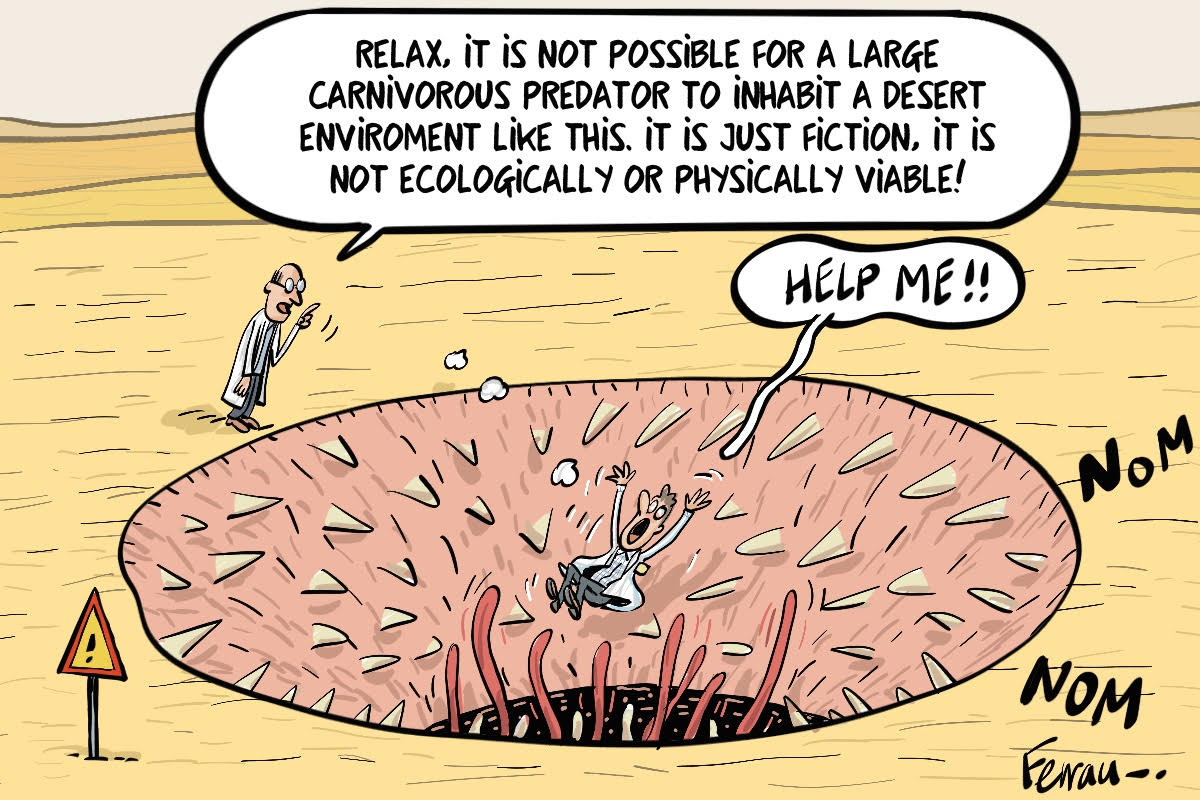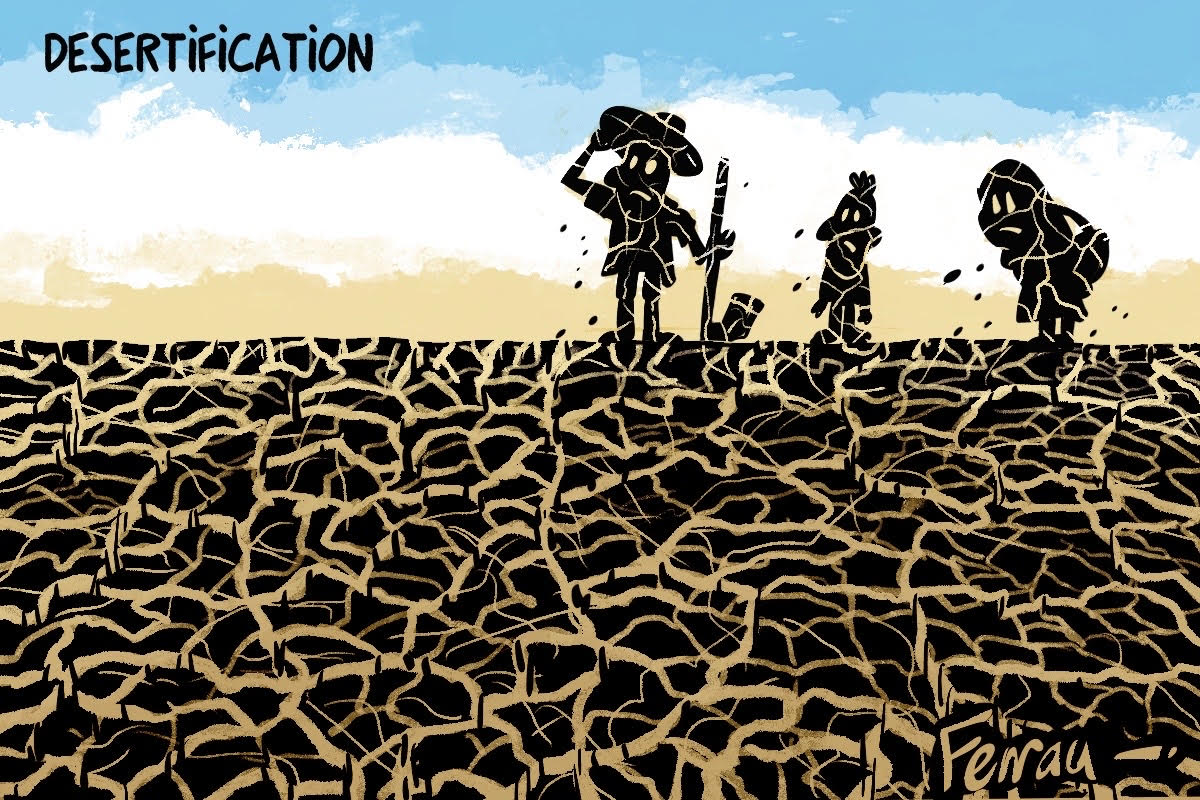Search
The Eyedropper commemorates World Cancer Day, celebrated every 4 February with the aim of raising awareness of the disease.
The eyedropper discusses a recent study claiming that the Earth's nucleus has slowed down its rotation.
The eyedropper talks about the Dunning-Kruger effect, a cognitive bias that causes people with little knowledge of a subject to overestimate their ability to discuss it.
The Eyedropper plays with the idea of the Christmas star and the light that allows us to perceive actual stars.
The canons of beauty have changed over time, as well as the way we capture beauty.
This week the eyedropper is inspired by the article «Microplastics» by Ramon Folch.
COP27 is this week. The Eyedropper makes us think about climate conferences and their goals
A recent study points out that the happy living salary is around the 60,000€ per year.
Global warming leads to changes resulting in a particularly warm autumn season.
The Eyedropper is dedicated to Svante Päabo, the swedish biologist who has won this year's Nobel Prize for Medicine
And what is this useful for? A new cartoon in Ferran Martín's The Eyedropper about the usefulness of science.
The jellyfish Turritopsis dohrnii is capable of rejuvenation. Ferran Martin reminds us that, unfortunately, it is not the only «immortal» thing we can find in the ocean.
The Eyedropper gives us a new «scientific» look at an old tale.
The Eyedropper continues during the summer and reminds us of the climate chane emergency.
Data show that, this summer, the temperature of the Mediterranean Sea is up to 5 ºC above normal values. This is the topic of the week in Ferran Martin's The Eyedropper
Science never ceases to show us fresh glances at new universes (literal or figurative), and Ferran Martín's The eyedropper takes a look at them as well.




